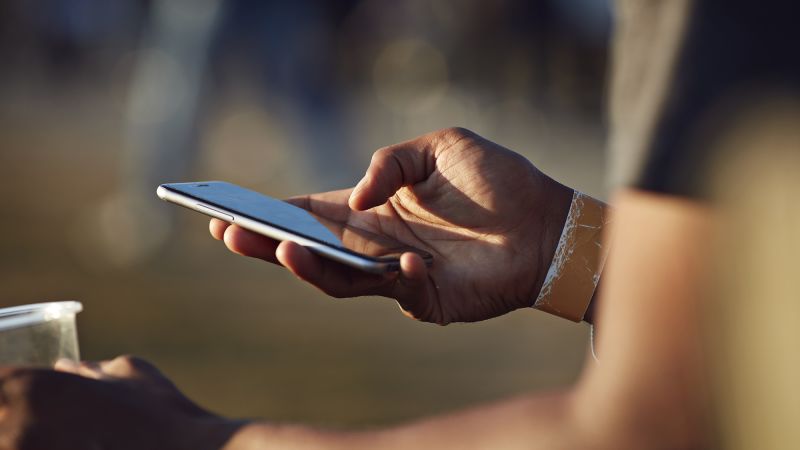
Will the total solar eclipse disrupt your cell service?
CNN
As the moon crosses the sun and darkness descends on parts of the US Monday, people will hold their cellphones skyward to capture the eclipse. And some worry communications infrastructure may also go dark.
As darkness envelops millions of people during Monday’s total solar eclipse, spectators will hold their cellphones skyward to capture the moment. But could the surge in cell usage cause networks to go dark? Across city centers and rural towns, network providers and public officials say they are preparing for significant increases in traffic on cellular and Wi-Fi networks, as floods of eclipse tourists put pressure on the major providers that keep networks online. The path of totality — where it’s possible to see the moon completely block the sun’s face — will draw thousands of tourists to states from Texas to Maine. Travelers will rely on the network infrastructure in those areas as they use social media, livestreams and video calls to commemorate their experience. The eclipse itself has no effect on wireless networks. But the influx of tourists to cities and towns creates an environment similar to a football game or a concert in a crowded stadium — the larger the crowd, the more difficult it can be to find a cell connection. “Any location that’s in the center of the path of totality is going to see a significant increase in cellphone usage, particularly during the period and shortly after totality,” said Caty Pilachowski, a professor of astronomy at the University of Indiana, Bloomington, in an interview with CNN. Bloomington, which last saw a total eclipse in 1869, will be in the path of totality on Monday and may host hundreds of thousands of visitors.

 Run 3 Space | Play Space Running Game
Run 3 Space | Play Space Running Game Traffic Jam 3D | Online Racing Game
Traffic Jam 3D | Online Racing Game Duck Hunt | Play Old Classic Game
Duck Hunt | Play Old Classic Game











